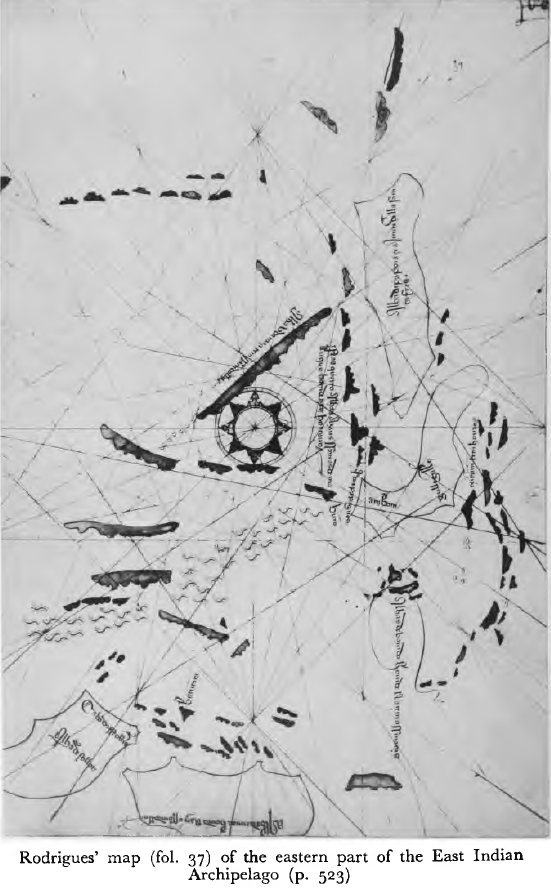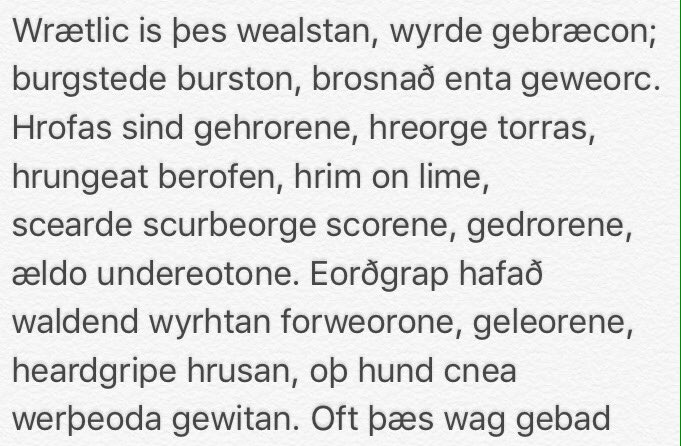
Lecturer at @ANU_CHL, specialising in medieval and early modern Indonesian history (he)
How to get URL link on X (Twitter) App


 The Javanese loved chronograms, which are systems for encoding numbers (especially years) in symbolic forms. The sakala dihyang represents perhaps the most complex of these systems, not properly understood until now newmandala.org/the-art-of-dat…
The Javanese loved chronograms, which are systems for encoding numbers (especially years) in symbolic forms. The sakala dihyang represents perhaps the most complex of these systems, not properly understood until now newmandala.org/the-art-of-dat…

 Guillot & Kalus' 2008 edition and translation of a large corpus of Pasai funerary inscriptions opened up new interpretations of the Pasai Sultanate's history, including evidence of a Turkic-descended royal dynasty in the late 14th century worldcat.org/title/monument…
Guillot & Kalus' 2008 edition and translation of a large corpus of Pasai funerary inscriptions opened up new interpretations of the Pasai Sultanate's history, including evidence of a Turkic-descended royal dynasty in the late 14th century worldcat.org/title/monument…





 The Yuan official history mentions that in 1293, the defeated Yuan army brought back from Java "a map and census register" (地圖戶籍) of the country. I'm not sure if it says that these were given by the Javanese king himself, but historians infer so chinesenotes.com/yuanshi/yuansh…
The Yuan official history mentions that in 1293, the defeated Yuan army brought back from Java "a map and census register" (地圖戶籍) of the country. I'm not sure if it says that these were given by the Javanese king himself, but historians infer so chinesenotes.com/yuanshi/yuansh…




 This great blog post helped me, who knows no Old English, to understand just how artful the poem's construction is deorreader.wordpress.com/2019/03/31/wra…
This great blog post helped me, who knows no Old English, to understand just how artful the poem's construction is deorreader.wordpress.com/2019/03/31/wra…


 The poet Tanakung mentions the king Suraprabhāva (1466–78). The poem is an adaptation of a Sanskrit didactic story about a particular religious observance in honour of Śiva. But because it is in kakawin poetic form, Tanakung adds his own nature scenes, like this one
The poet Tanakung mentions the king Suraprabhāva (1466–78). The poem is an adaptation of a Sanskrit didactic story about a particular religious observance in honour of Śiva. But because it is in kakawin poetic form, Tanakung adds his own nature scenes, like this one


https://twitter.com/jawasastra/status/1291745038108487680When Europeans started to study Javanese history (Raffles' time or even earlier), they pondered how reliable Javanese historical texts were. Progress has been incredibly slow. We're still asking the same questions: "are they a mix of history and myth?", "which bits can we trust?"

https://twitter.com/infiniteteeth/status/1290653316054241280
 I've tried to translate as literally as possible, to show the grammatical ambiguity. The subject of line (a) is Prapañca, the subject of (b) is "the poet", the subject of (c) is "the Superintendent", and the subject of (d) is "the monks".
I've tried to translate as literally as possible, to show the grammatical ambiguity. The subject of line (a) is Prapañca, the subject of (b) is "the poet", the subject of (c) is "the Superintendent", and the subject of (d) is "the monks".
https://twitter.com/chaoticbrain/status/1284066871881302016Sceptics point to the fact that no 14th-century sources mention the massacre. That's absolutely true. But there are many events that we know only from later sources like the Pararaton (16th c), for instance, Gajah Mada's oath to conquer the archipelago
https://twitter.com/AsiaLangsOnline/status/1276840197485924353The text mentions Sang Sriwijaya twice, but is inconsistent about where he's from. On f. 16a it says he is from Keling, but on 45b it says he is in Malayu. It's not unusual for place names to be turned into personal names and vice versa in the early modern Javanese texts